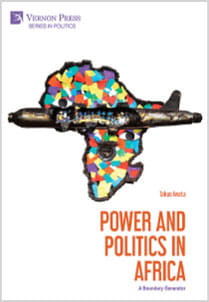Africa
Understanding Africa and
its growing global presence
to reevaluate Japan’s place in the world
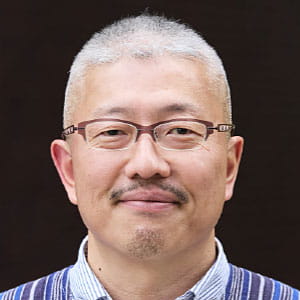
IWATA TakuoProfessor, College of International Relations
The Global South, including Africa,
is a growing presence in the international community
Tell us about your research on the politics and international relations of African countries.
Iwata I’ve been involved in Africa for 30 years now. Compared to when I first embarked on my research, the developing countries of Africa and other parts of what’s known as the “Global South” have begun to influence the direction of the international community and gain a much more distinct presence and importance.
My research focuses on changes in the “boundaries” that exist in the countries and societies of Africa. I’ve studied the state borders drawn by European countries, the borders between political systems generated by reforms such as democratization, changes in the administrative and political borders between central and local governments as decentralization progresses, and the transient distortion of borders between the ruling and the ruled, as revealed through laughter and political satire.
What facets should we focus on when we look at Africa today?
Iwata The Japanese media often broadcasts Africa through images of armed conflict and poverty. These are real issues, but we should also note examples such as the film industry in Nigeria. The industry is booming, and inspired by Hollywood and India’s Bollywood, it has become known as “Nollywood,” taking the N from Nigeria. Through online channels, Nollywood disseminates not only movies but also music, comedy, and other cultural content, influencing culture across the globe. I wish there was more focus on examples like this.
According to Reporters Without Borders, a non-governmental organization headquartered in Paris, a number of African countries are ranked higher than Japan in terms of press freedom. In Japan, people tend to assume condescendingly that Japan is unconditionally superior to and freer than developing countries such as those in Africa, but if we look at the world uncolored by that assumption, surely a different landscape will come into view. Many people believe that Japan should be providing Africa with assistance, but Japan’s comparative economic strength has declined significantly over the past 30 years. I believe it’s important to pay more attention to the situation in Africa and other parts of the Global South so we can understand how the world has changed and reevaluate Japan’s position.
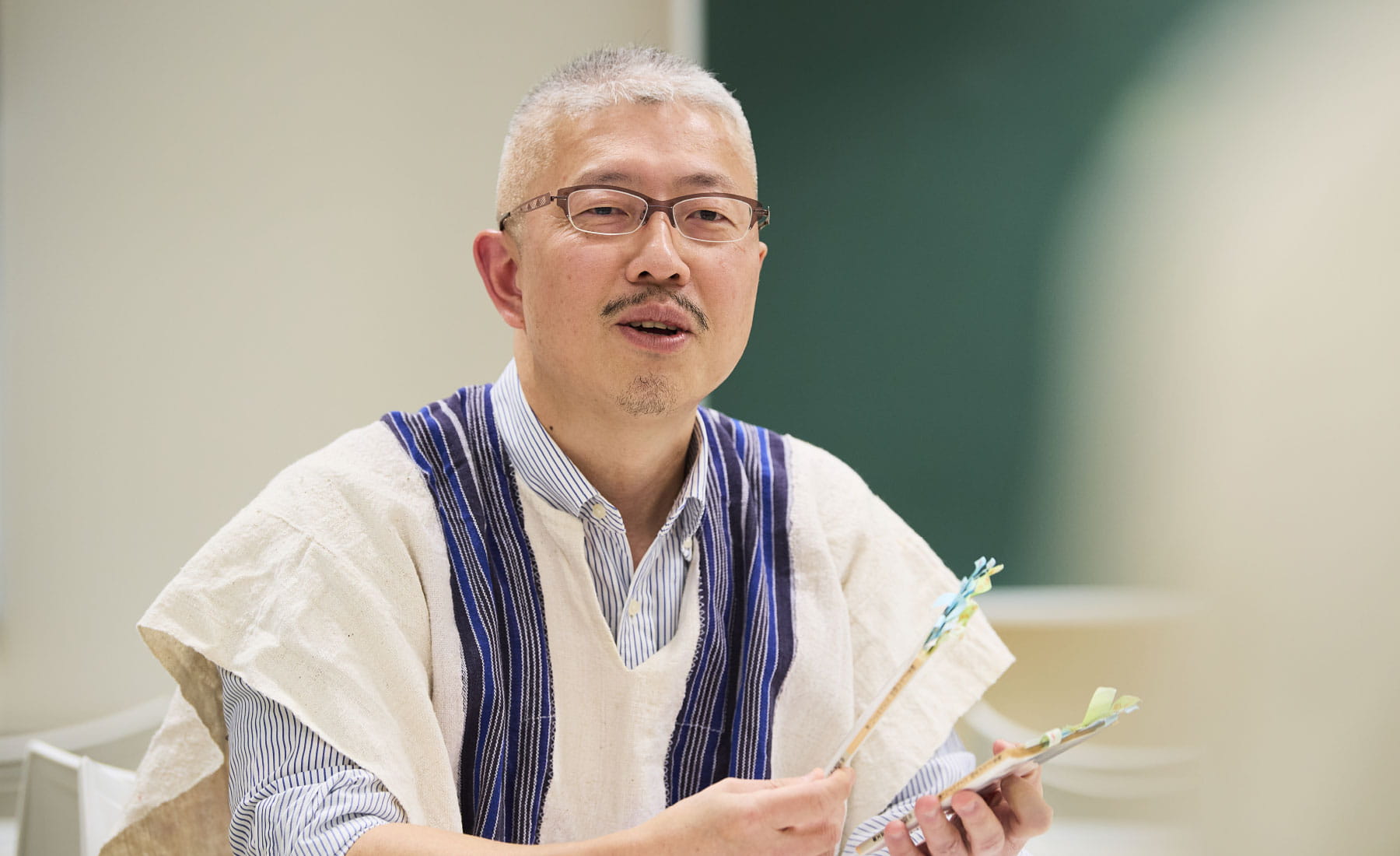
We hear you’re also interested in how Africa is studied in other Asian countries.
Iwata While Japan is losing its economic power, other countries such as China and India have come to exercise huge influence on Africa, which is experiencing remarkable economic growth. I think it’s extremely important to know more about how these countries are engaging with Africa, and the approaches to research on Africa that underpin these engagements. For the past 15 years or so, I’ve been visiting other Asian countries and pursuing research exchanges, and I’ve produced many research outputs in collaboration with other Asian researchers of African studies.
In the past, Japanese aid to Africa was provided on the fundamental premise of supporting Africa’s development. However, China and other Asian countries have supported Africa at the same time as pursuing their own national benefits, and their influence has grown. It’s extremely important that researchers who are able to act freely conduct surveys of trends in different countries and report their findings. Today, Japanese aid agencies have also started supporting Japanese firms’ market entry as part of their aid programs. I consider it part of my role to provide materials that inform the development of policies like this.
“Going smoothly”
is not always a good thing:
I learned this in Africa
Why did you start doing research on Africa in the first place?
Iwata The initial motivation came when I was in my third year of an undergraduate course and saw an announcement for jobs at Japanese consular outposts overseas. I took a leave of absence from my studies for two years and worked at the Japanese Embassy in Senegal, West Africa. As an undergraduate student, I didn’t have much interest in developing countries at that stage, but just after I started working in Senegal , there was a huge massacre of 800,000 people in Rwanda. As I encountered the shocking news of this massacre day by day, I gained a strong sense that it was a man-made disaster caused by politics. Realizing the need to learn about African politics properly, I began studying on my own and entered graduate school after returning to Japan. I wrote my dissertation, got a job at the university, and before I know it, I’ve been here for 30 years. A fortuitous encounter has become my lifelong vocation.

What is so intriguing about researching Africa?
Iwata Some things we take for granted in Japan simply don’t apply in Africa. Immigration procedures at airports and land borders can sometimes be a matter of “negotiation.” Occasionally, I’m taken to a separate room to be investigated for no reason. I used to feel really uncomfortable when this happened, but over time, I’ve come to view it as a chance to hear from border officials. Africa has taught me that having things go smoothly is not necessarily always a good thing.
For Those Interested in Africa: BOOKS
金谷 治 訳注
新訂 孫子
岩波書店(2000年)
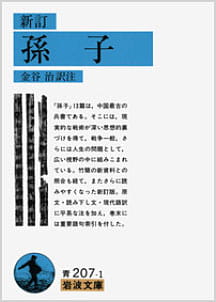
Iwata, Takuo (Ed.).
New Asian Approaches to Africa: Rivalries and Collaborations.
Vernon Press(2000年)
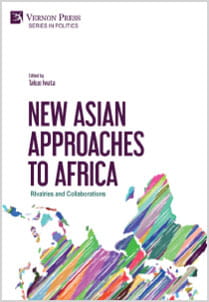
Iwata, Takuo
Power and Politics in Africa: A Boundary Generator
Vernon Press(2024年)
